If you have a directory structure like this:
src/main.rs
src/module1/blah.rs
src/module1/blah2.rs
src/utils/logging.rs
How do you use functions from other files?
From the Rust tutorial, it sounds like I should be able to do this:
main.rs
mod utils { pub mod logging; }
mod module1 { pub mod blah; }
fn main() {
utils::logging::trace("Logging works");
module1::blah::doit();
}
logging.rs
pub fn trace(msg: &str) {
println!(": {}\n", msg);
}
blah.rs
mod blah2;
pub fn doit() {
blah2::doit();
}
blah2.rs
mod utils { pub mod logging; }
pub fn doit() {
utils::logging::trace("Blah2 invoked");
}
However, this produces an error:
error[E0583]: file not found for module `logging`
--> src/main.rs:1:21
|
1 | mod utils { pub mod logging; }
| ^^^^^^^
|
= help: name the file either logging.rs or logging/mod.rs inside the directory "src/utils"
It appears that importing down the path, i.e. from main to module1/blah.rs works, and importing peers, i.e. blah2 from blah works, but importing from the parent scope doesn't.
If I use the magical #[path] directive, I can make this work:
blah2.rs
#[path="../utils/logging.rs"]
mod logging;
pub fn doit() {
logging::trace("Blah2 invoked");
}
Do I really have to manually use relative file paths to import something from a parent scope level? Isn't there some better way of doing this in Rust?
In Python, you use from .blah import x for the local scope, but if you want to access an absolute path you can use from project.namespace.blah import x.





